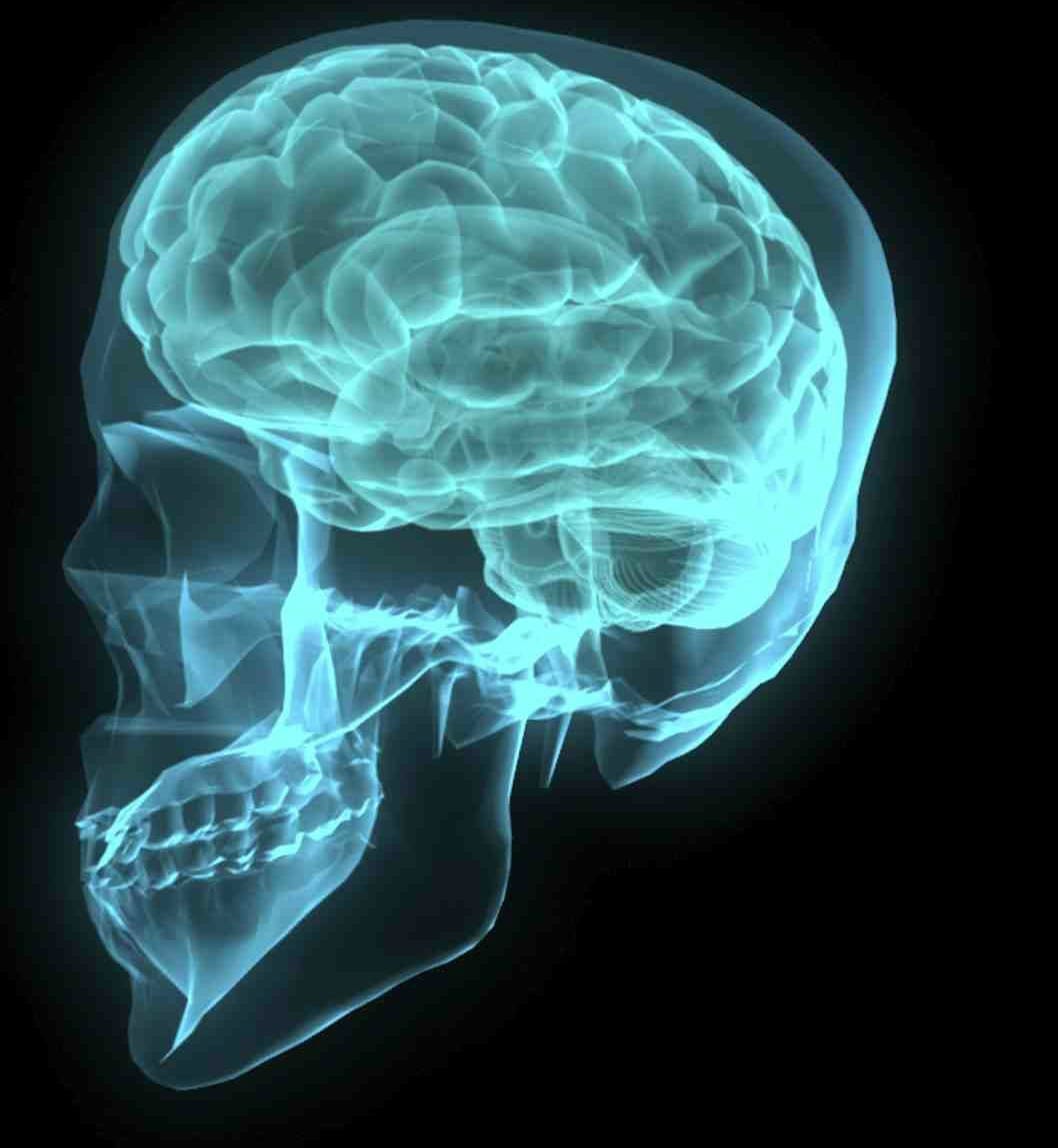
A British teenager has developed a potential test for the early diagnosis of Alzheimer’s disease as an entry for the Google Science Fair, a worldwide competition for teenagers to create a science project in the hopes of winning a scholarship and mentoring to continue developing their project.
The teen’s test would allow for the disease to be diagnosed 10 years before the first symptoms appear by—as summarized by the Telegraph—using a “Trojan horse” antibody that penetrates the brain and attaches to the neurotoxic proteins present in the first stages of the disease. The antibodies, injected into the bloodstream, are attached to fluorescent particles which could be seen on a brain scan.
Krtin Nithiyanandam, the teen behind the test, was named a regional finalist in the science fair, and will find out in August if he makes it to the top 20 finalists.
He told the Telegraph his test would be a minimally-invasive way to “help families prepare for the future and ensure that existing drugs are used to better effect.”
A key part of his research was in creating a probe that can cross the blood brain barrier (BBB), a filtering mechanism of the capillaries that protects the brain from foreign substances. The BBB has made it difficult for scientists and doctors to test for early diagnosis of Alzheimer’s, but Nithiyanandam believes his “Trojan horse” antibodies could be the answer.
While his research is in its very early stages, it’s encouraging to see young people take up the call to action to end Alzheimer’s. You can read more about his science project here.

